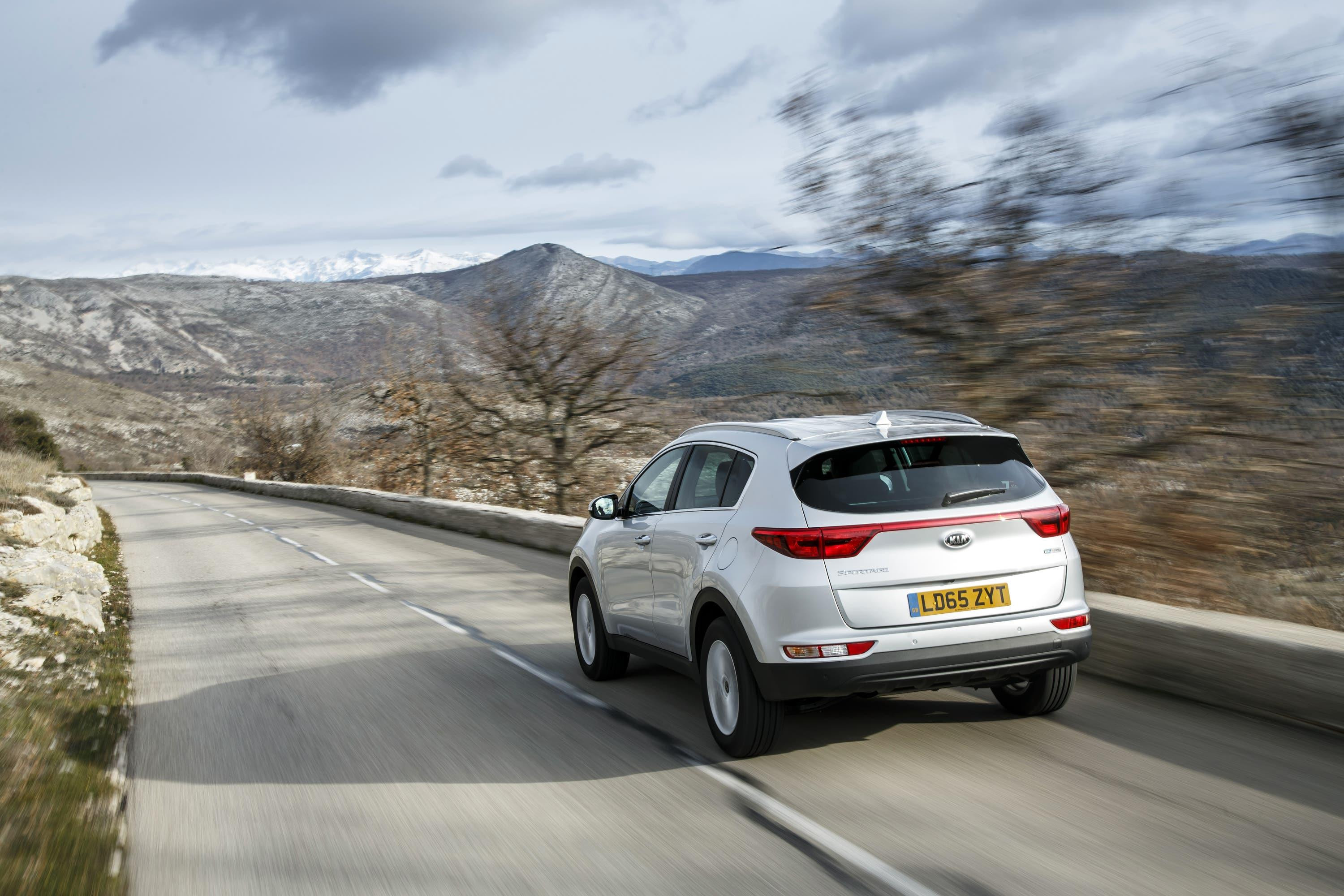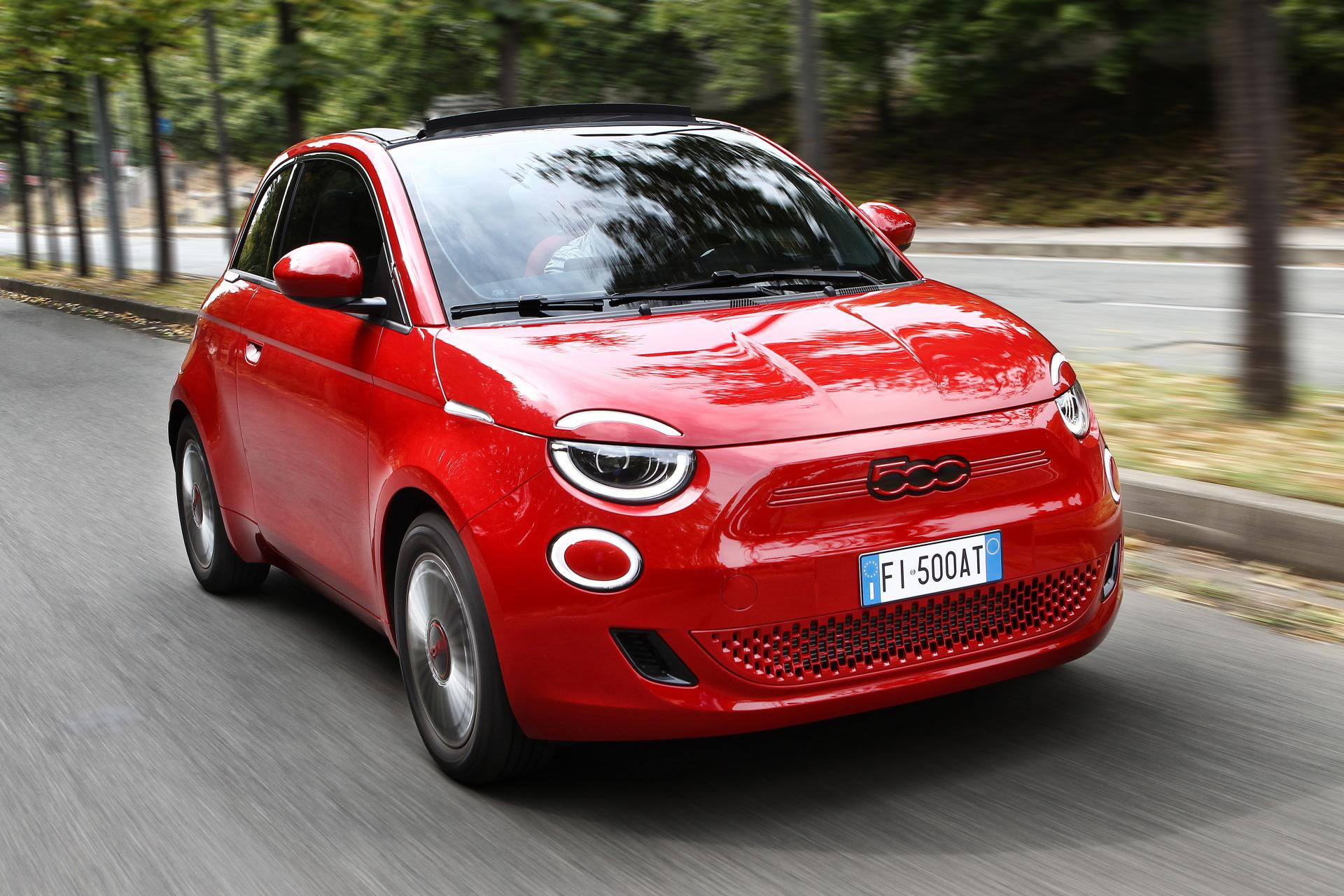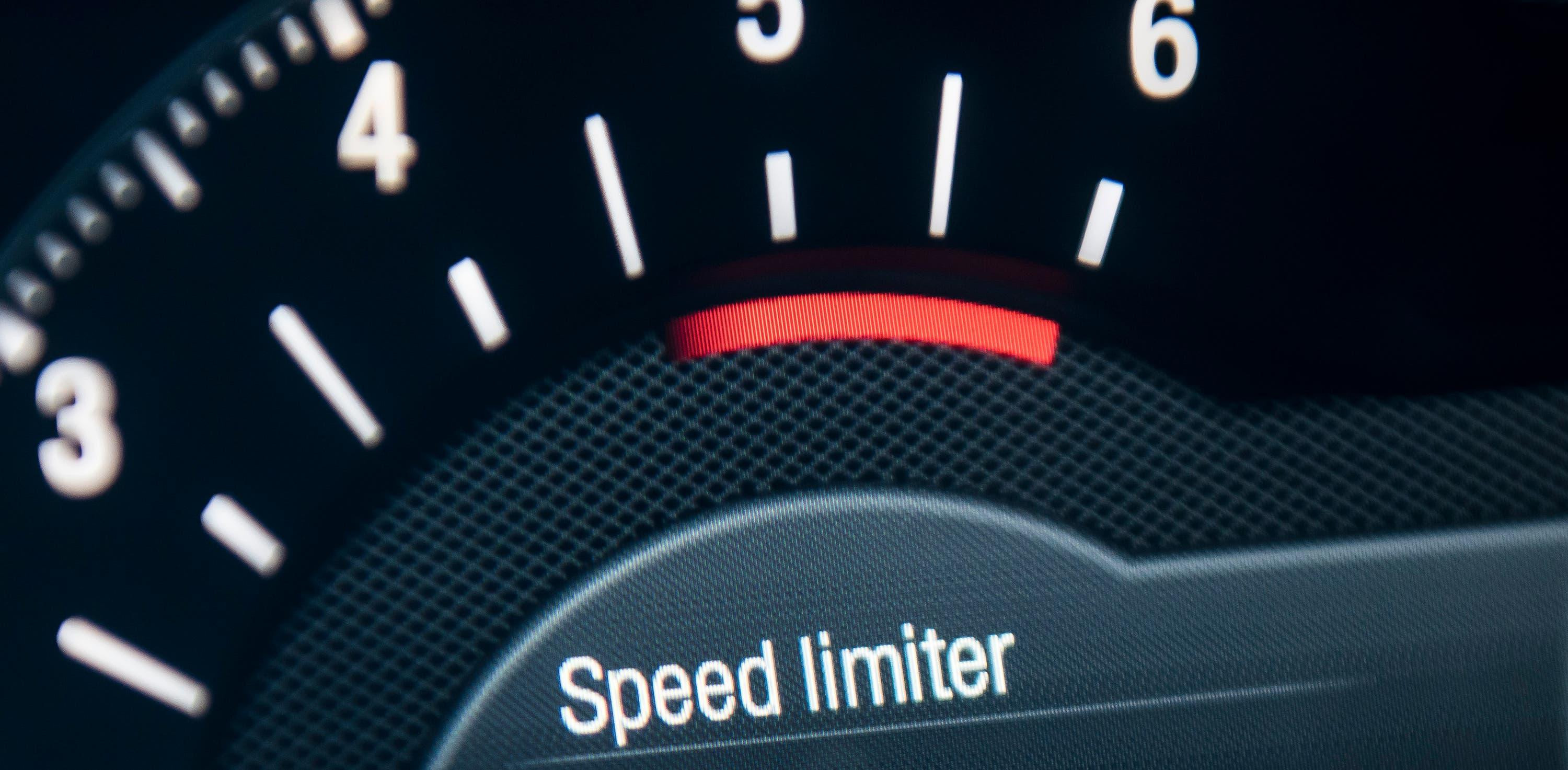What do I need to remember before driving abroad?

Each year, thousands of UK drivers head abroad in search of adventure and the chance to fully control where they’re heading. It’s easy to see the appeal, too, as rather than queuing in check-in lines and dealing with delayed flights, you’re able to travel under your own steam and stop wherever you like, whenever you like.
But driving abroad does bring with it a few different requirements. Here, we’re going to check out the things you need to bear in mind if you are going to take your car abroad this year.
Make checks beforehand
It’s always best to prepare before heading on a long trip. There are plenty of mechanical checks you can make before setting off on your journey and doing them could help to prevent some issues further down the line. So, open the bonnet and double-check that your oil levels are correct - you can consult your car’s handbook on how to do this - and while you’re there, it’s worth ensuring that coolant, washer fluid and brake fluid levels are all correct too. As always, if you have any concerns, always consult a trained professional.
Inflate your tyres to the right pressures as well and don’t forget to check that your spare tyre is inflated correctly too - you never know when you might need it. If you don’t have a spare tyre, then make sure that an emergency inflation and repair kit is present.
Make your car European driving-ready
As well as those mechanical checks, you’ll need to make sure that your car conforms to the regulations required by driving on the continent. Things are slightly different across the water, of course, so being on the right side of things is paramount. You need to make sure that your car has a ‘UK’ sticker displayed on the rear, for example, though most countries apart from Spain will accept a UK badge on the number plate itself.
Plus, you’ll need some key items in your car at all times.
- A reflective jacket for every person in the car
- A warning triangle
- Headlight beam deflectors (if your car cannot automatically do this for driving on the other side of the road).
- First aid kit, which is mandatory for driving in Austria, France and Germany.
Some equipment providers actually package these up as a ‘bundle’ available through retailers so you can ensure that you’ve got everything all in one place.

Keep key documents together
So you’ve got all of the safety equipment you need, but what else has to come along for the trip? Well, you’ll need all of your documents in order. For starters, your passport is required to travel abroad - so don’t forget it! - and you’ll also need a full and valid driving licence.
You’ll require all of the documents relating to your car, too. These include the V5C registration document which needs to be in your name. However, if it’s a leased vehicle, then you’ll need a certificate which shows who the vehicle belongs to as well as your entitlement to drive it. You’ll also need a hard copy of your insurance details.
It’s not required by law to have breakdown cover, but it’s something that is definitely worth having in place before you head overseas. Double-check to see whether or not it’s included in your insurance policy and ensure that there’s European cover in place, too.
Tolls
Tolls are a big part of driving abroad. In countries like France, tolls are extremely common and it’s hard to travel on major routes without encountering them. Some work by you entering a toll area and taking a piece of paper at the start, then at the end this is fed into a machine and the amount you’re required to pay is calculated.
Just remember to budget for these, however, as the cost related to tolls can quickly stack up. However, if you want to make steady progress, then they’re the best way of undertaking plenty of miles with little stress.

Keep speed limits in mind
All countries come with different speed limits, so it’s worth brushing up on the various speeds so that you don’t get caught out. For example, a maximum speed of 130km/h is common on most motorways in Europe, but many change depending on the weather. For example, roads in France will drop to a lower speed limit during times of heavy rain.
It’s a good idea to make sure that you’ve got these in the back of your mind before travelling so that you don’t come back home to a fine.

Remember that alcohol limits are stricter
Excluding Scotland, the UK has one of the highest drink-drive limits in Europe. So you really need to keep this in mind if you’re thinking of having an alcoholic drink abroad.
For example, countries like the Czech Republic, Hungary and Slovakia all have a strict zero limit which is strongly enforced.
Keep Clean Air Zones in mind
Clean Air Zones have started to become more commonplace in the UK and it’s just the same story in Europe. You’ll find them covering many larger cities, in fact, as these areas look to tackle inner-city emissions.
You’ll need to check that you’re able to travel into these areas, particularly if you’re driving an older car. Many French cities, for example, require you to buy and display a ‘Crit’Air’ emissions sticker in order to enter a zone. If you don’t, you could be fined for entering these zones.


















